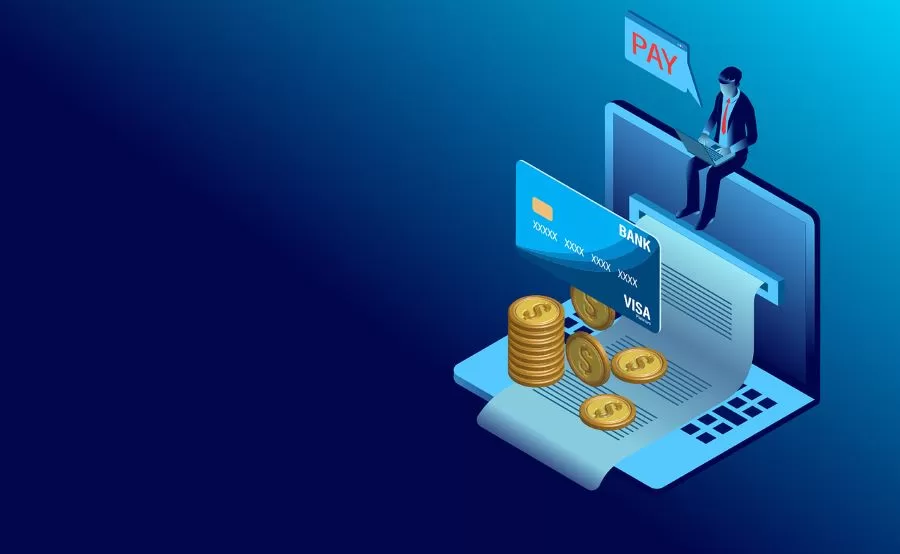Technology
How Technology is Revolutionizing the Payment Provider Industry

The payment provider industry is evolving rapidly, thanks to technological advancements that make transactions faster, more secure, and, in some cases, cheaper. As consumers demand quick, seamless payments, these providers are adopting new tools like mobile wallets, blockchain, and AI-driven fraud detection. Here’s a look at how these innovations are reshaping payments.
Real-Time Processing for Faster Payments
One of the most significant advancements in the payment provider industry is the shift toward real-time transaction processing. Traditional payment methods, especially cross-border transactions, often take days to complete due to various intermediaries and verification steps. New technologies, such as digital wallets and blockchain, are eliminating these delays, making payments faster than ever.
Digital wallets like Apple Pay, Google Pay, and PayPal enable consumers to complete payments instantly. These platforms use tokenization to secure card information, allowing for quick and secure transactions without exposing sensitive data.
Blockchain technology is also revolutionizing payments by enabling peer-to-peer transactions across borders without relying on banks, reducing processing times to mere minutes. This shift aligns with modern demands for fast, convenient payments.
Enhanced Security with AI and Blockchain
As digital payments grow, so do concerns around security. Payment providers are leveraging artificial intelligence (AI) and blockchain to tackle fraud and enhance transaction safety.
AI-driven fraud detection systems analyze transaction patterns to detect suspicious activity in real time. For instance, if a customer’s spending pattern changes suddenly, AI systems may flag or pause the transaction, providing an extra layer of security. Machine learning improves these systems over time, making them increasingly effective at identifying and preventing fraud.
Blockchain also boosts payment security by recording every transaction on a tamper-proof distributed ledger, providing both transparency and protection. Its decentralized structure makes it difficult for bad actors to alter transaction records, offering a strong level of security. As a result, blockchain is becoming an attractive choice for payment providers focused on safeguarding customer data.
The Role of Cryptocurrency Payment Solutions
Technology is not only improving speed and security but also potentially making transactions more affordable. One of the most promising areas in this regard is cryptocurrency payment solutions, which are increasingly available to businesses through platforms like BitPay and Coinbase Commerce. Unlike traditional payments, where third-party fees can add up, cryptocurrency transactions often bypass intermediaries, reducing transaction costs.
Cryptocurrency payment solutions are particularly advantageous for businesses with international clients, as they allow for direct cross-border payments without hefty currency conversion fees. While these solutions are still gaining acceptance, they offer customers greater flexibility and cost-saving potential for businesses.
Lowering Transaction Costs
One of the advantages of recent tech advancements in payments is the potential to lower costs. A traditional payment provider, including credit card processors, often charges significant fees for each transaction. Digital payment platforms, particularly blockchain-based systems, offer lower transaction costs by eliminating unnecessary intermediaries.
Summary
Technology is transforming the payment provider industry, bringing faster, safer, and more affordable options to the market. Innovations like real-time processing, AI-based fraud detection, and cryptocurrency payment solutions are changing how businesses and consumers handle payments. As these tools continue to evolve, providers that embrace them are positioned to thrive in an increasingly digital marketplace.


















































